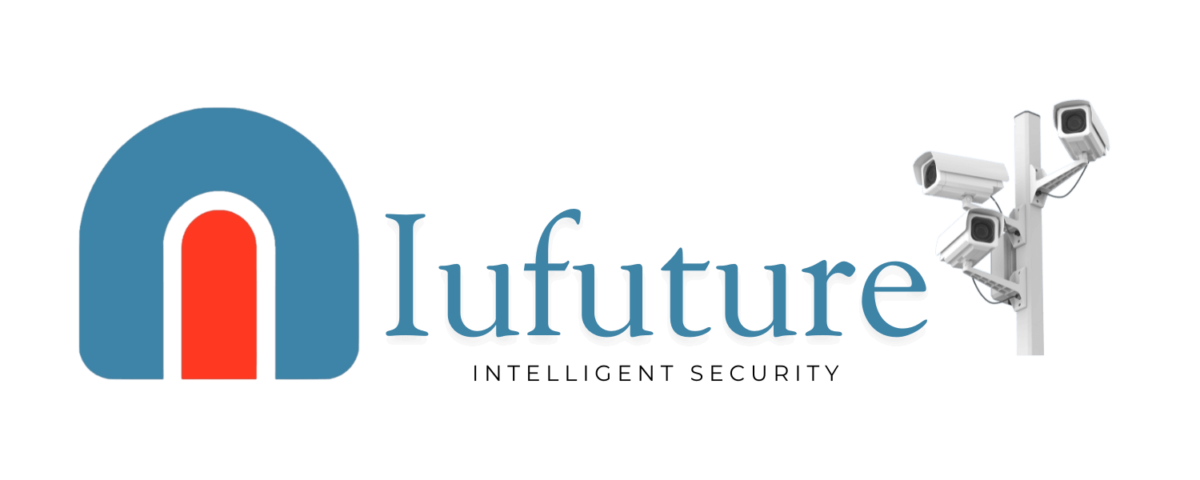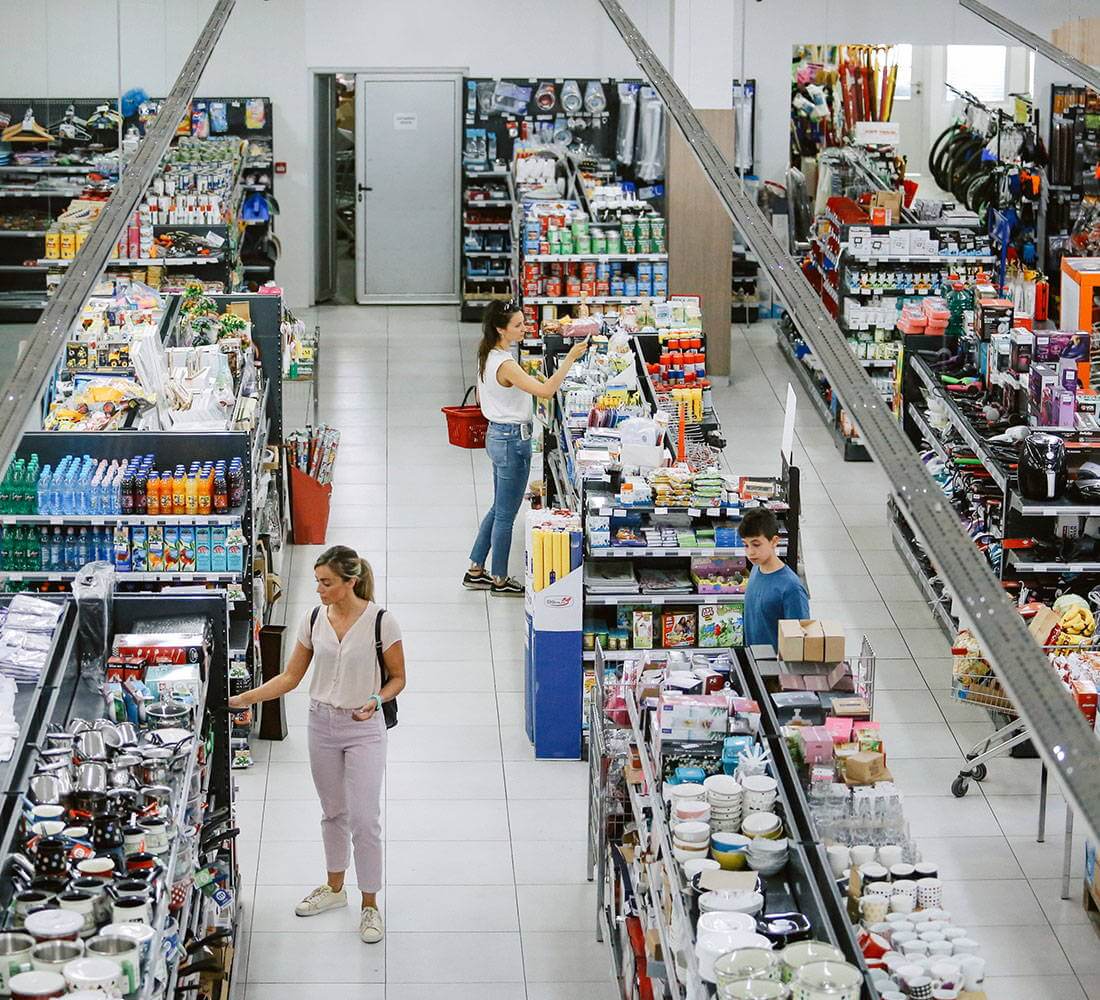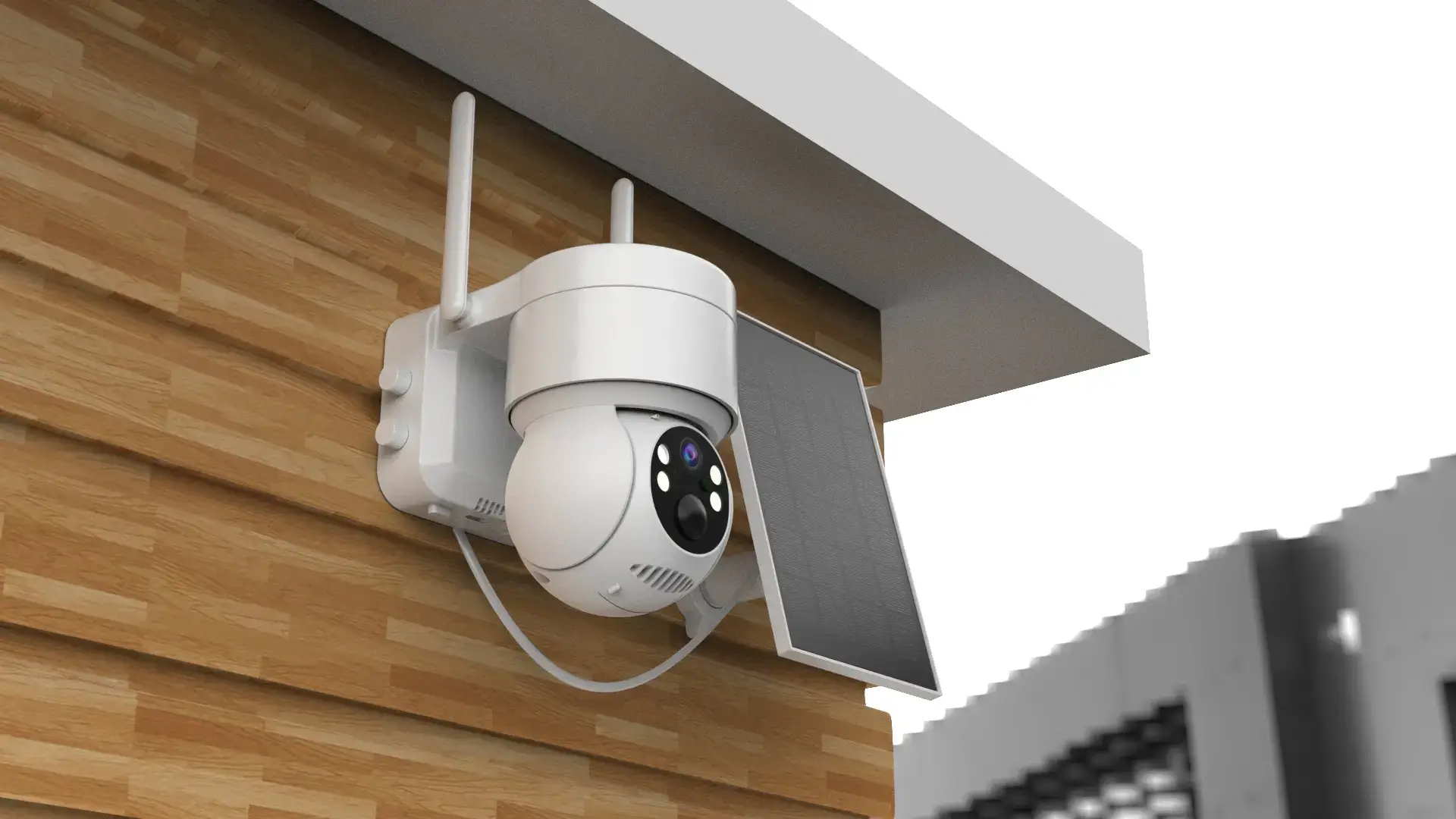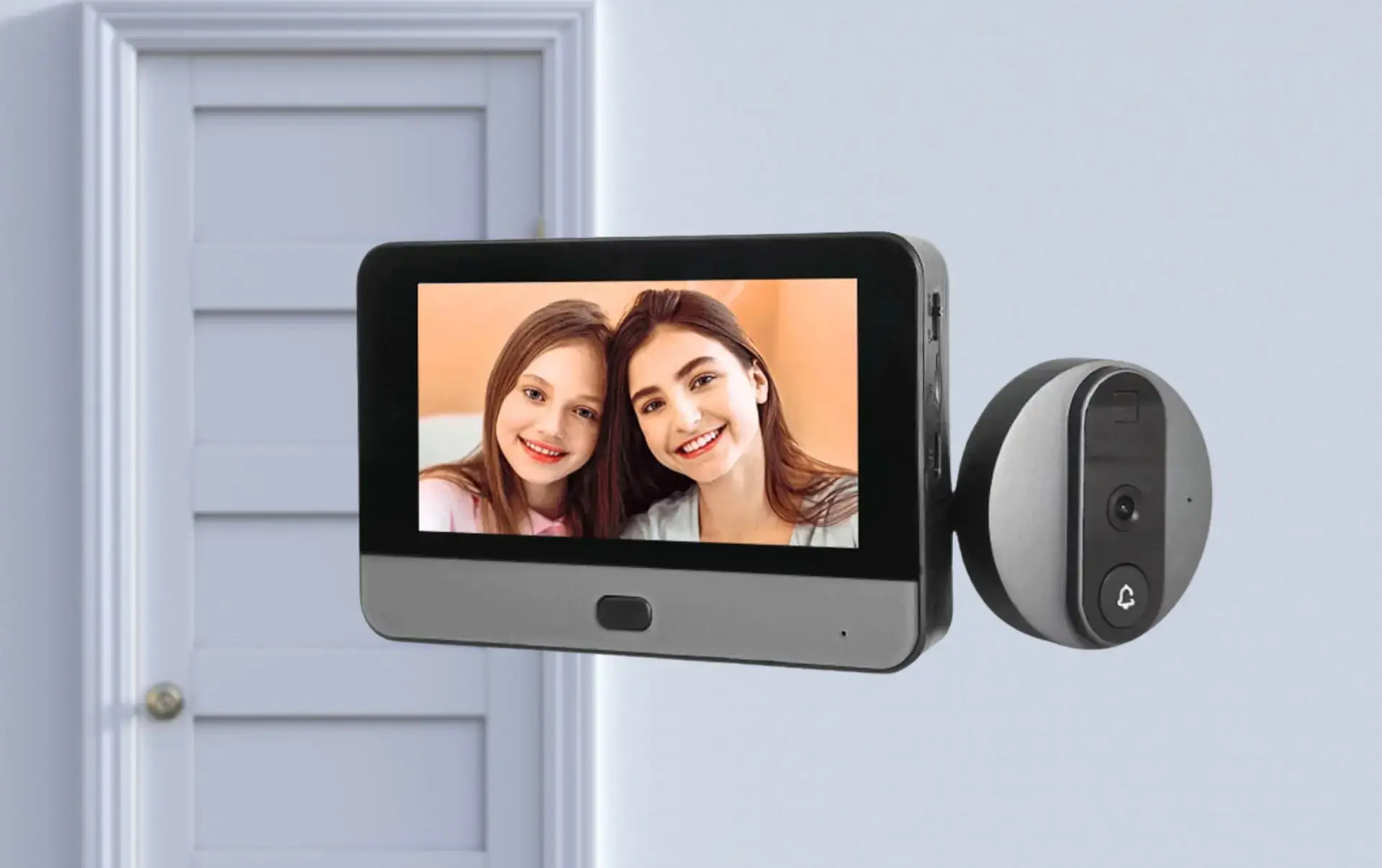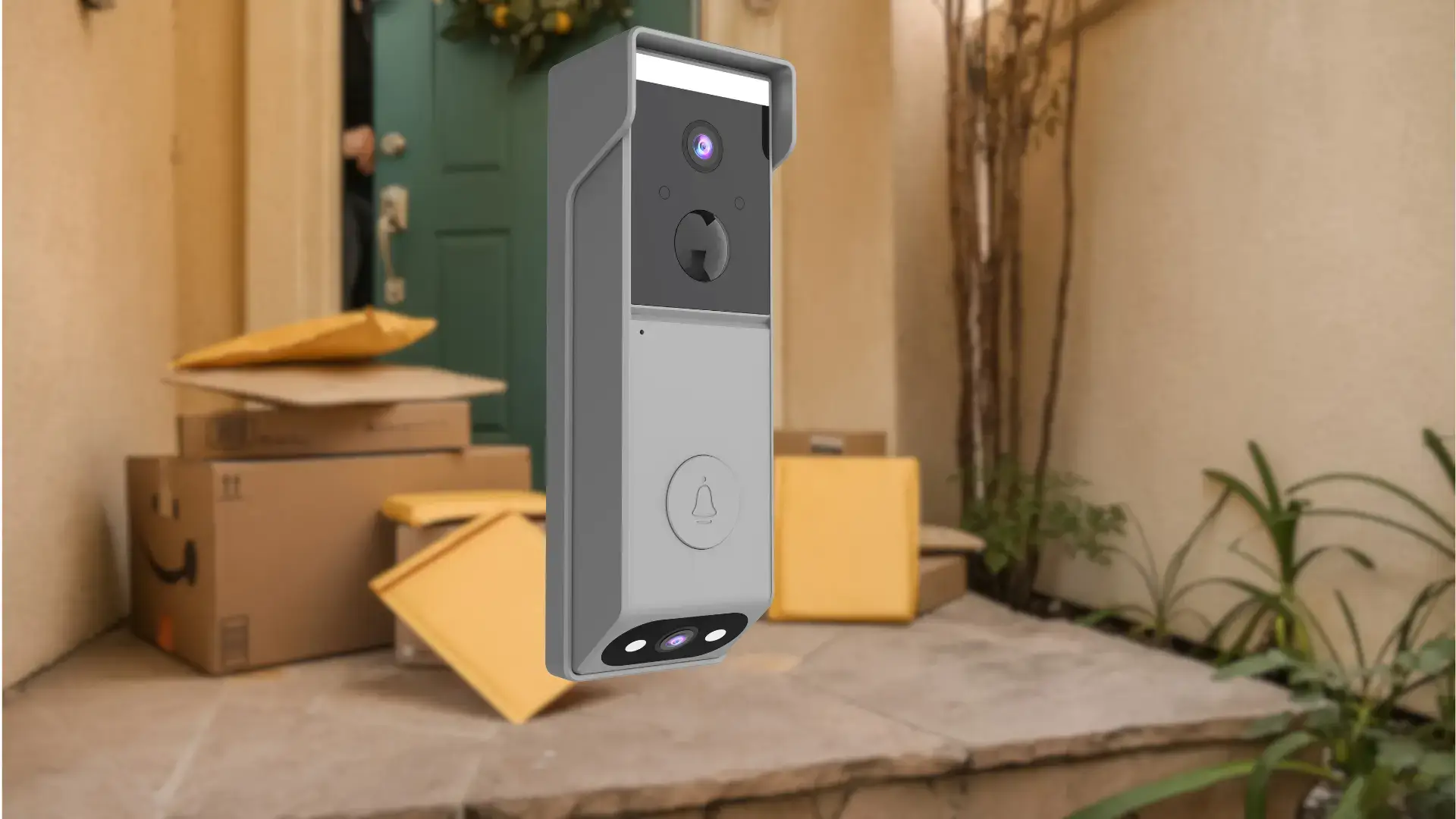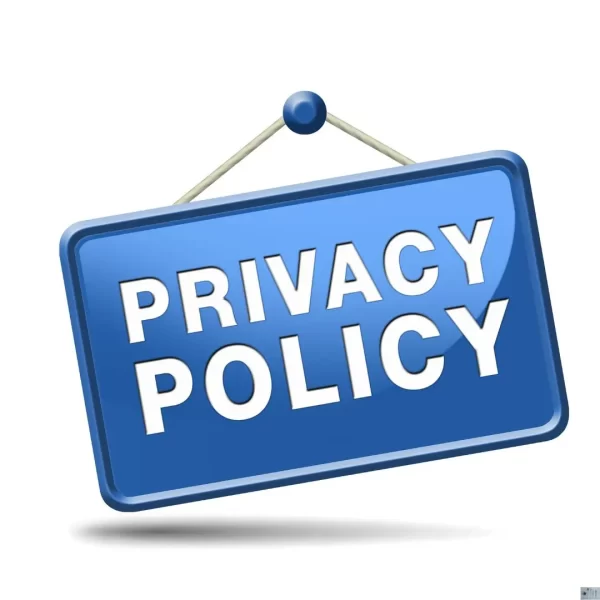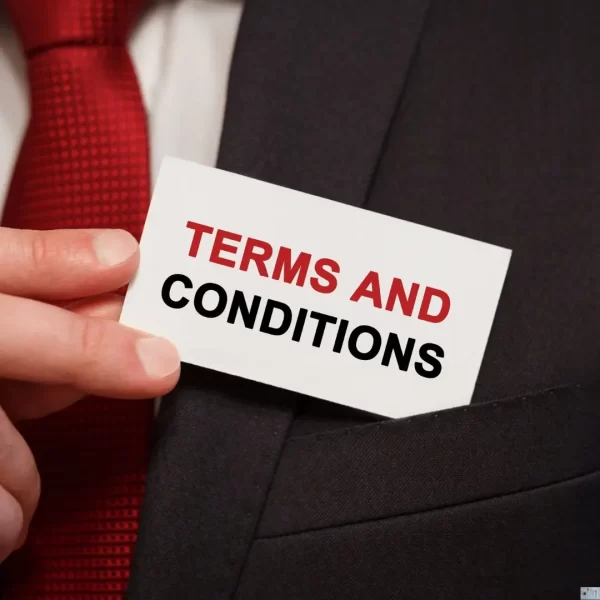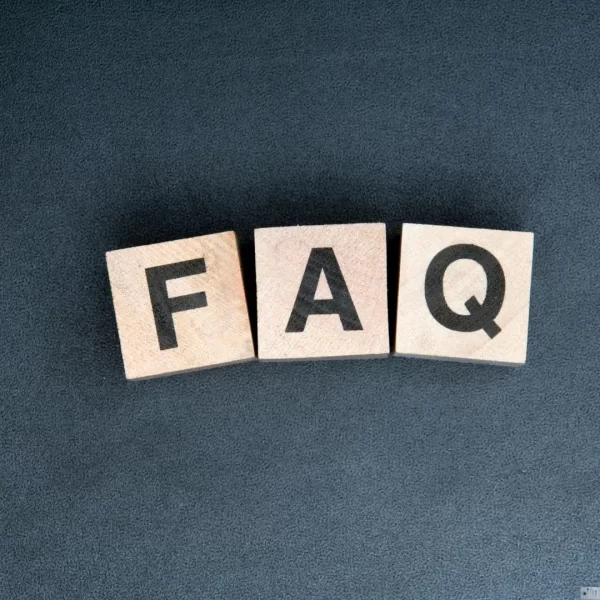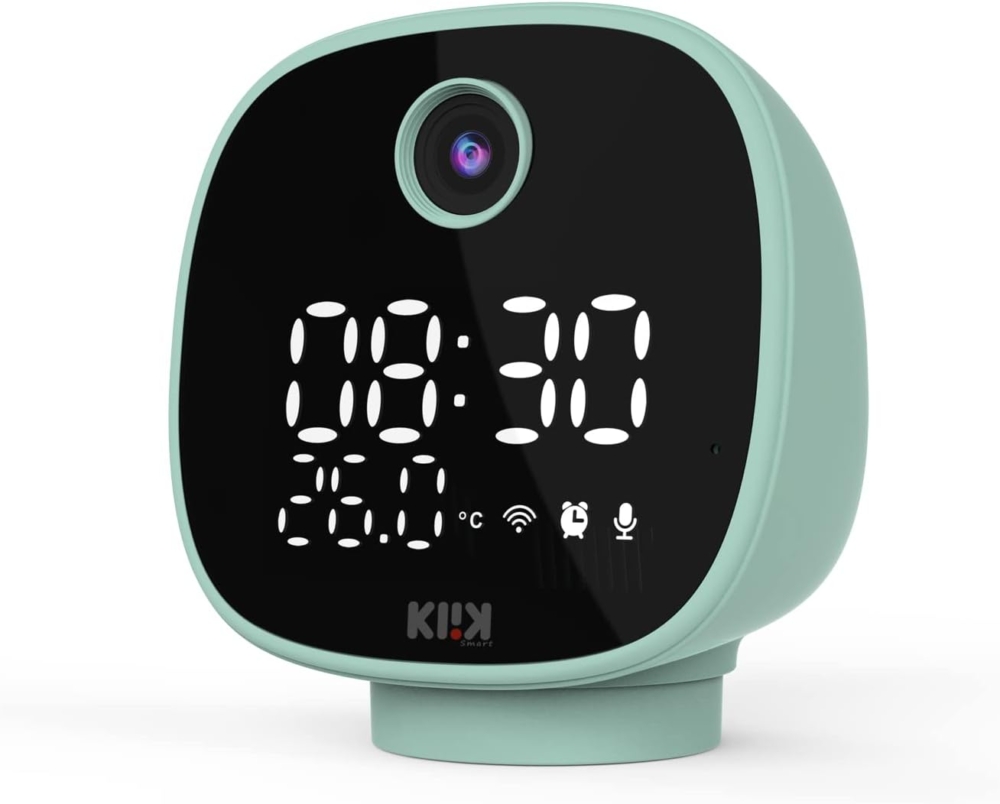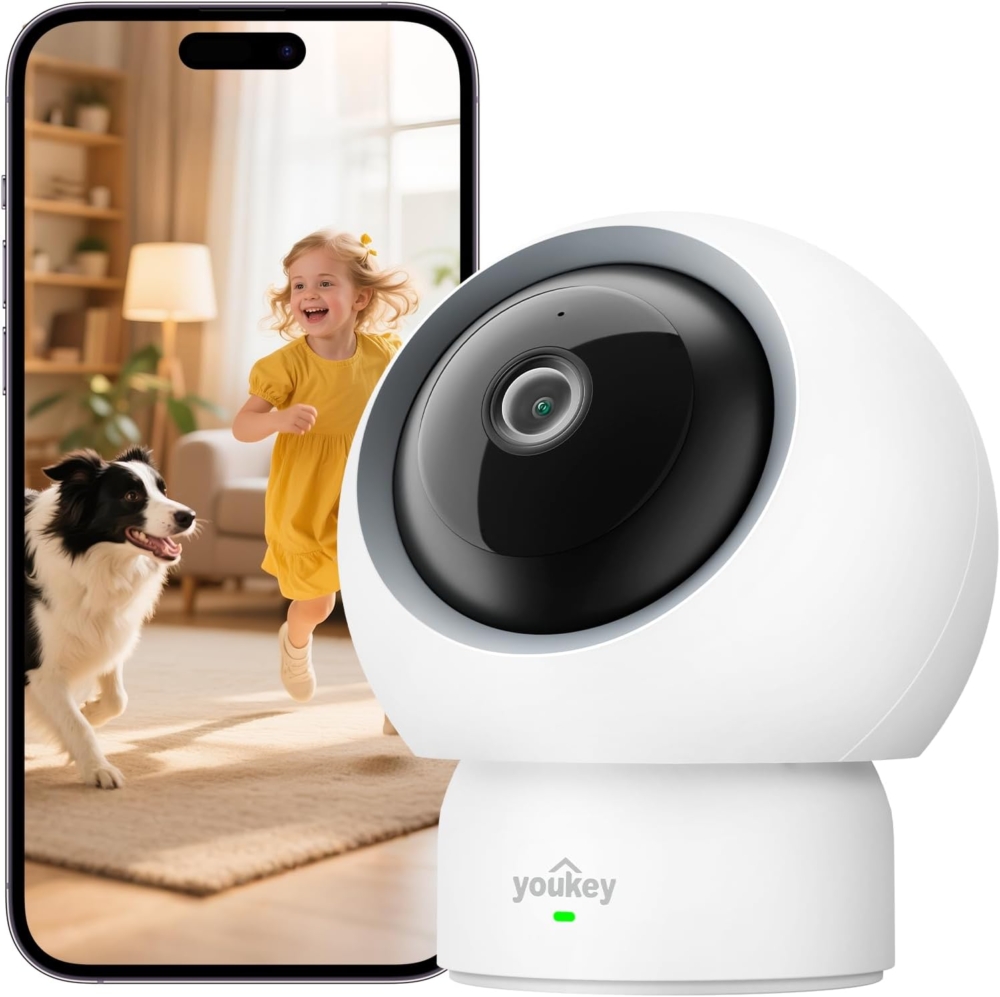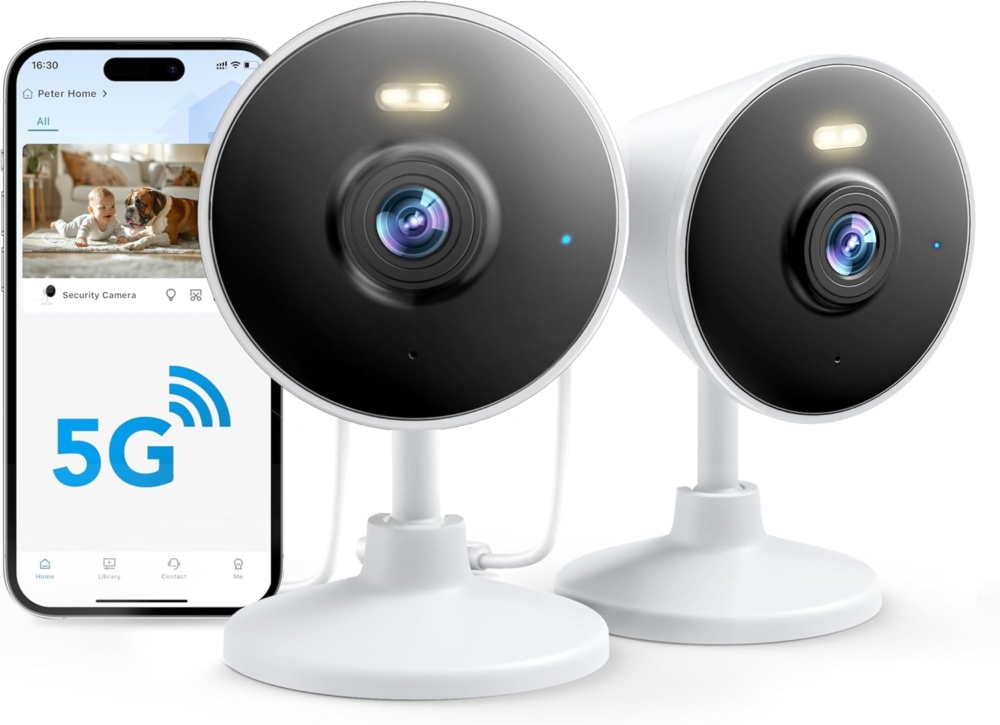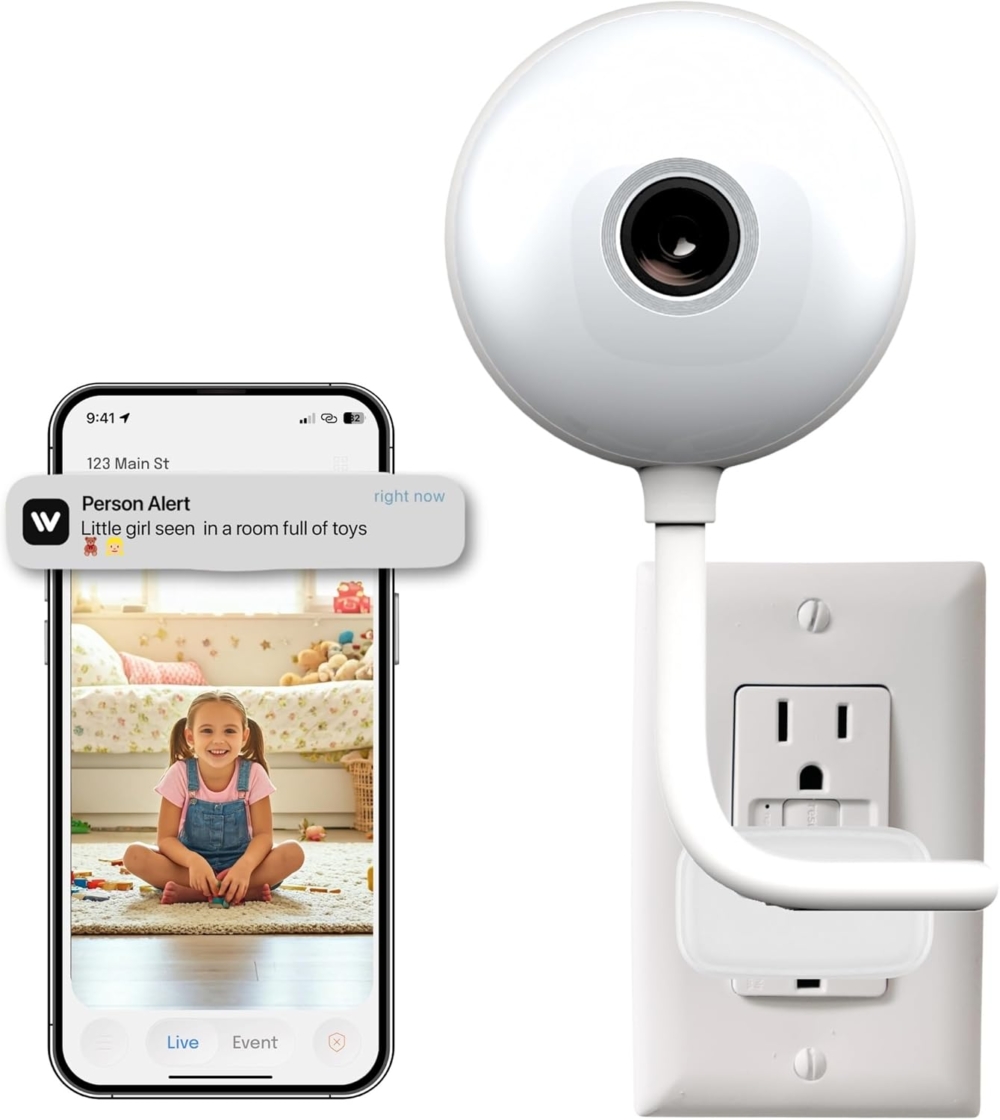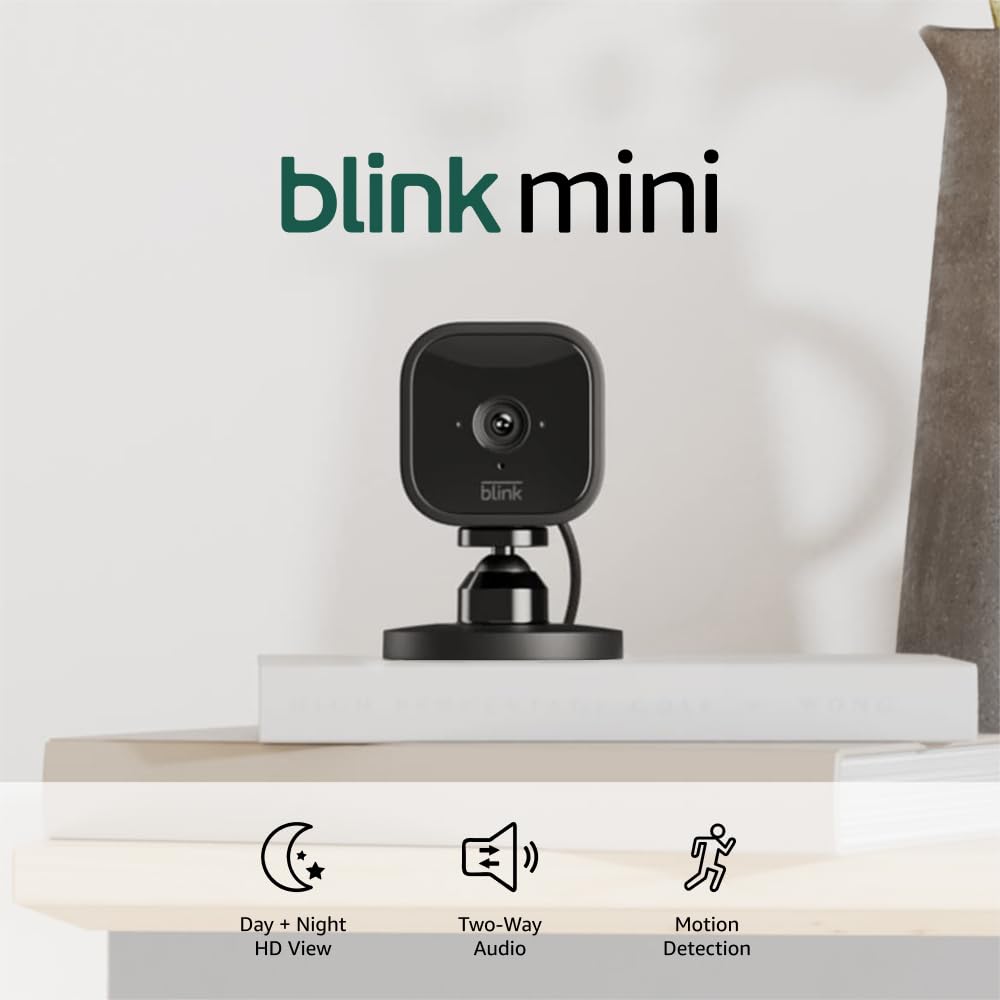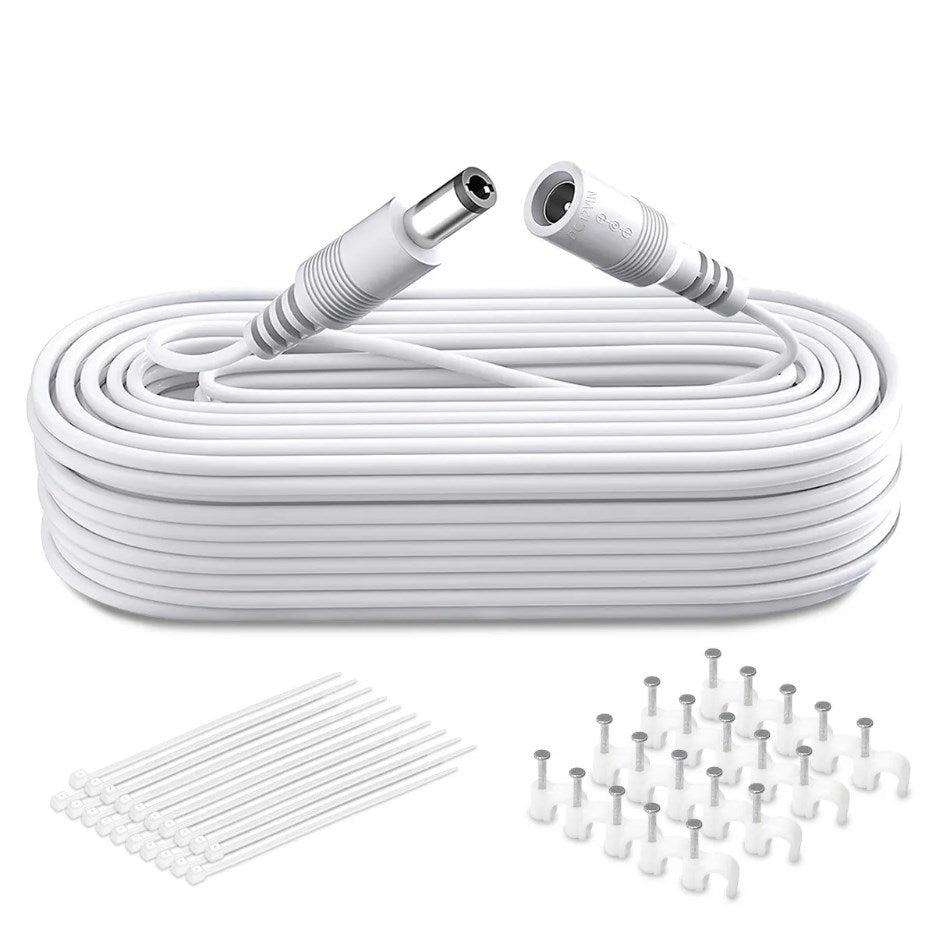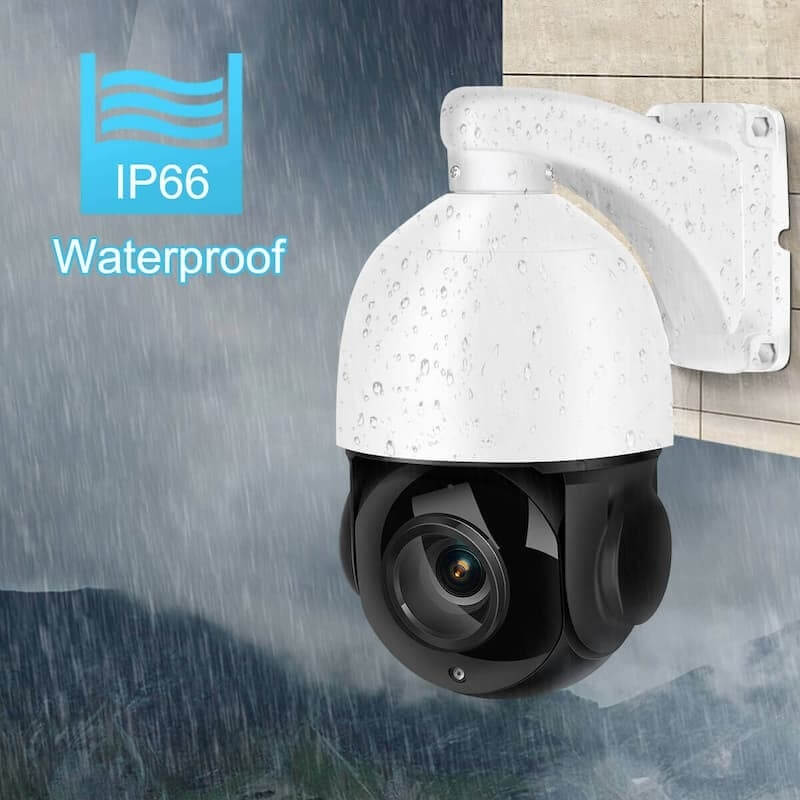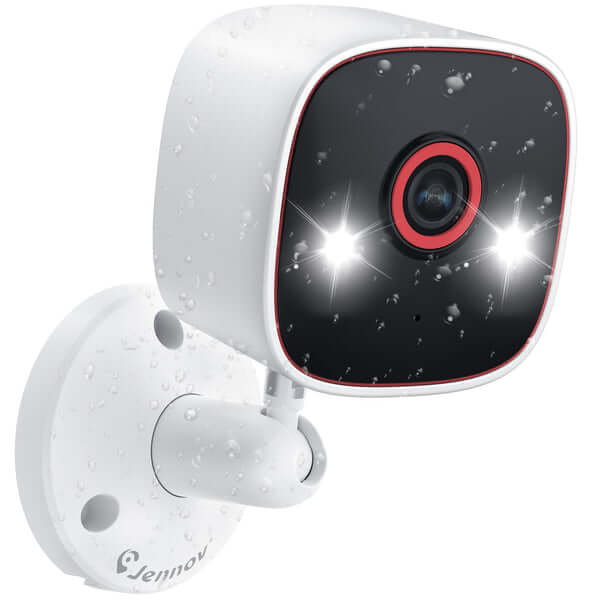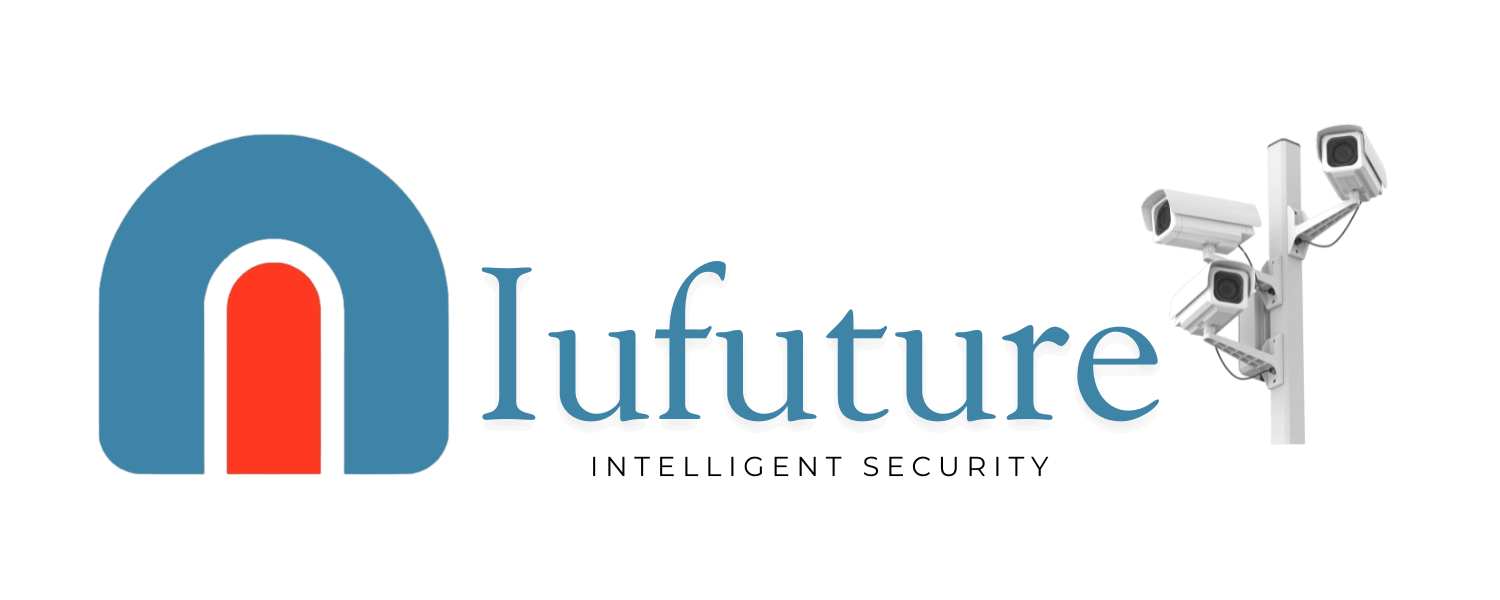When starting or expanding a baby store, one of the most crucial decisions you will make is choosing the right baby store supplier. Suppliers play a pivotal role in the success of your retail business, directly impacting the quality of your products, your inventory, and ultimately, your reputation in the market. However, with so many suppliers out there, how do you know which one is the best for your store?
The baby product market is vast and constantly evolving, with new trends and innovations emerging regularly. To stay competitive and meet customer expectations, your store needs a reliable and consistent supplier who can provide high-quality products, timely delivery, and strong customer support.
Here’s a breakdown of what to consider when choosing the perfect baby store supplier:
1. Quality of Products
The quality of the products you sell is the foundation of your business. Parents expect only the best for their children, and any product you offer must meet the highest safety and quality standards. When selecting a supplier, ask for certifications and product testing results to ensure that their products are safe for babies.
Look for suppliers that offer products made from non-toxic materials, have passed safety certifications (such as ASTM or EN71 standards), and prioritize durability. Your customers will trust your store more if they know that the products you sell are reliable and safe for their little ones.
Moreover, choosing a supplier that focuses on quality over quantity will help you build a strong reputation in the market. While cheaper alternatives may seem tempting, it’s essential to remember that parents are willing to pay a little extra for peace of mind when it comes to baby products.
2. Product Variety
A successful baby store needs to cater to a variety of customer needs. From newborn essentials to toddler gear, your supplier should be able to provide a wide range of products to create a one-stop shop for parents. Consider the different categories of baby products, such as:
Baby clothing and accessories
Feeding products (bottles, bibs, high chairs)
Nursery furniture and décor
Diapers and wipes
Baby toys and educational products
Car seats and strollers
Having a diverse range of products allows you to attract a broader customer base, giving parents everything they need in one convenient location. Additionally, working with a supplier that can continuously update their product offerings with the latest trends and innovations will keep your store relevant and appealing to shoppers.
3. Competitive Pricing and Profit Margins
Pricing is one of the most significant factors when deciding on a supplier. As a retailer, you want to ensure that your supplier’s pricing allows for competitive pricing in the market while also providing healthy profit margins. It’s important to strike a balance between affordability and quality.
Discuss pricing strategies with potential suppliers and ask about bulk discounts, seasonal promotions, and loyalty programs. Many baby product suppliers offer tiered pricing structures based on order volume, so understanding how to optimize your purchasing strategy can help you secure better deals and increase your store’s profitability.
In addition to base pricing, consider any additional costs such as shipping fees, handling charges, and lead times. These factors can significantly affect your overall costs and profitability.
4. Reliability and Delivery Times
One of the most important aspects of a successful retail operation is having a steady and reliable supply of products. A supplier that can deliver products on time and in the right quantities is essential to avoid stockouts and dissatisfied customers. Having a clear understanding of your supplier’s lead times, delivery schedules, and their ability to handle unexpected delays is crucial to your business operations.
Consider working with a supplier who has a reputation for meeting delivery deadlines and offering real-time tracking for your orders. This will help you manage inventory more effectively and keep your store running smoothly.
Additionally, explore options for local suppliers who can deliver faster and at lower shipping costs, which will directly benefit your business’s bottom line.
5. Customer Support and Communication
A reliable supplier should not only provide excellent products but also excellent customer support. The ability to quickly resolve any issues that arise—whether related to product quality, returns, or delivery—can make a huge difference in the day-to-day operations of your store.
Before finalizing your decision, evaluate the level of communication and support a supplier offers. Do they have a dedicated account manager? Are they responsive to your inquiries? Do they offer clear, easy-to-understand product catalogs and ordering systems? Establishing a strong working relationship with your supplier will be a key factor in your store’s long-term success.
6. Sustainability and Ethical Practices
Parents today are increasingly concerned about the environmental and ethical impact of the products they buy for their children. Consumers are looking for brands and businesses that prioritize sustainability, whether through eco-friendly materials, ethical manufacturing processes, or socially responsible business practices.
When selecting a supplier, consider their commitment to sustainability. Do they use renewable or recycled materials? Do they follow fair labor practices? Does their manufacturing process align with your store’s values?
By working with a supplier that aligns with these values, you can cater to eco-conscious customers and strengthen your brand’s reputation.
7. Flexibility and Customization
As your business grows, your needs may evolve. You may want to expand your product offerings, customize packaging, or even create exclusive products for your store. A good baby store supplier should be flexible and open to such changes.
Look for a supplier who is willing to work with you on custom orders or bulk purchasing agreements. Some suppliers offer private label options, allowing you to create branded products that differentiate your store from the competition. This can help you build brand loyalty and offer unique products that aren’t available elsewhere.
Flexibility in order volume is another key consideration. Whether you’re a small boutique or a larger store, a supplier who can accommodate orders of varying sizes will give you more control over your inventory and allow you to adjust your stock based on customer demand.
8. Reputation and Reviews
A supplier’s reputation in the industry can say a lot about their reliability and the quality of their products. Before making your final choice, take the time to research potential suppliers. Look for online reviews, testimonials, and case studies from other retailers who have worked with them.
Check social media platforms and online forums where businesses in the baby retail industry discuss their experiences. Positive feedback from other retailers can offer valuable insights into the supplier’s strengths, while negative reviews can help you avoid potential pitfalls.
Additionally, attending trade shows and networking events can provide opportunities to meet suppliers in person, ask questions, and gain a sense of their professionalism and reputation.
9. Building a Long-Term Relationship
Establishing a strong, long-term relationship with your supplier can lead to many benefits. A reliable supplier who understands your business and its needs can become a trusted partner, offering personalized service and helping you grow your business.
When evaluating a supplier, think beyond the initial purchase. Is the supplier interested in building a long-term partnership? Do they offer additional services, such as marketing support or training on new product lines?
A strong relationship with your supplier can also help you navigate challenges together, such as supply chain disruptions or shifts in customer demand. Your supplier should be a proactive partner in helping you achieve your business goals.
10. Final Thoughts on Choosing the Right Baby Store Supplier
Selecting the right baby store supplier is a critical step in creating a successful retail business. By focusing on product quality, pricing, variety, reliability, and customer support, you can ensure that your store offers the best products to your customers. Remember to research multiple suppliers, evaluate their offerings, and choose one that aligns with your business goals and values.
As the baby retail market continues to evolve, it’s important to stay adaptable and work with a supplier who can help you keep pace with new trends, products, and customer demands. A reliable supplier is not just a vendor—it’s a key partner in your retail success.
By making the right choice, you’ll be able to offer high-quality products that keep parents coming back, building a loyal customer base and growing your baby store into a trusted brand.
Featured Outdoor Covert Cameras
We offer a selection of Outdoor Covert Cameras designed for different surveillance needs. Below are five of our top models, each with detailed specifications and accompanying videos for a better understanding.
1. 5.0MP WiFi/PoE Outdoor Covert Dome Camera
Features: Fixed lens, night vision, two-way audio
Best for: Offices, retail stores, residential areas
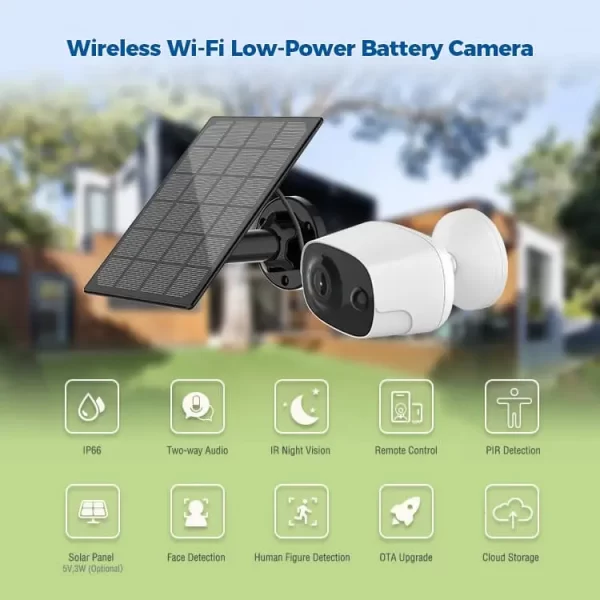
2. 1080P HD Mini Hidden Bullet Camera
Features: Compact size, waterproof, motion detection
Best for: Warehouses, entrances, driveways
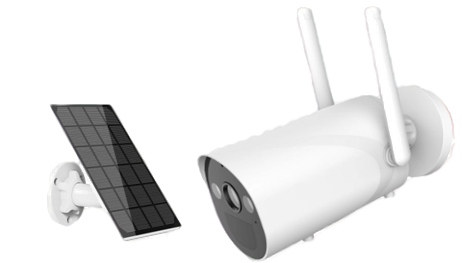
3. Solar-Powered Outdoor Covert Camera
Features: Wireless connectivity, solar charging, remote access
Best for: Remote locations, construction sites, farms
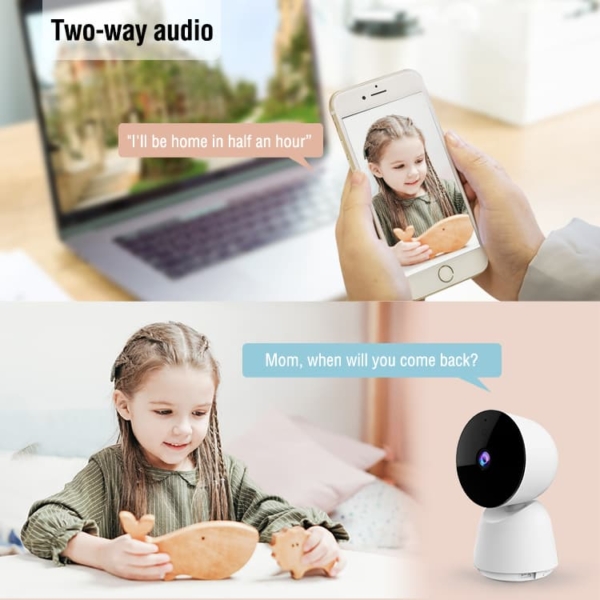
4. 4MP Low-Light Night Vision Covert Camera
Features: Advanced night vision, high-resolution recording
Best for: Parking lots, gated communities, outdoor hallways
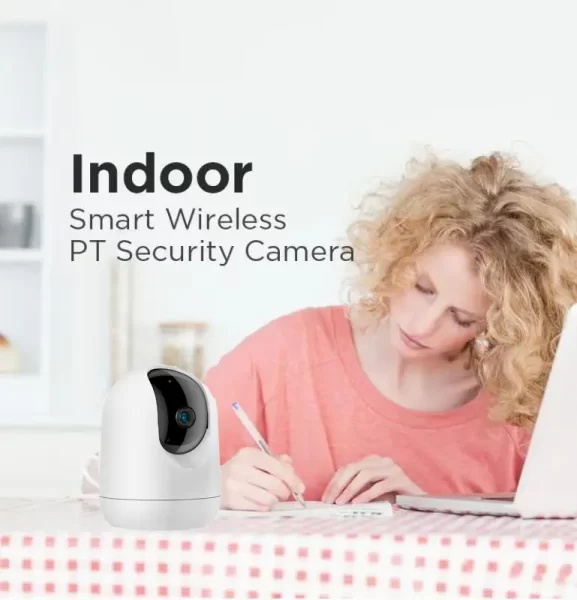
5. 2025 Tuya Smart PoE NVR Camera System
Features: 4-channel HD security solution
Best for: Businesses, large properties, offices
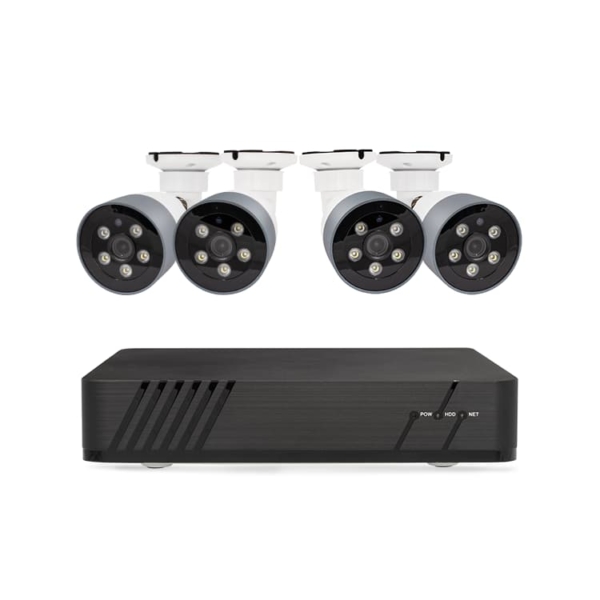
Get in Touch
Explore our full range of Outdoor Covert Cameras at www.iufuture.com. If you’re looking for high-quality B2B surveillance solutions, contact us today to discuss bulk orders and customization options.
